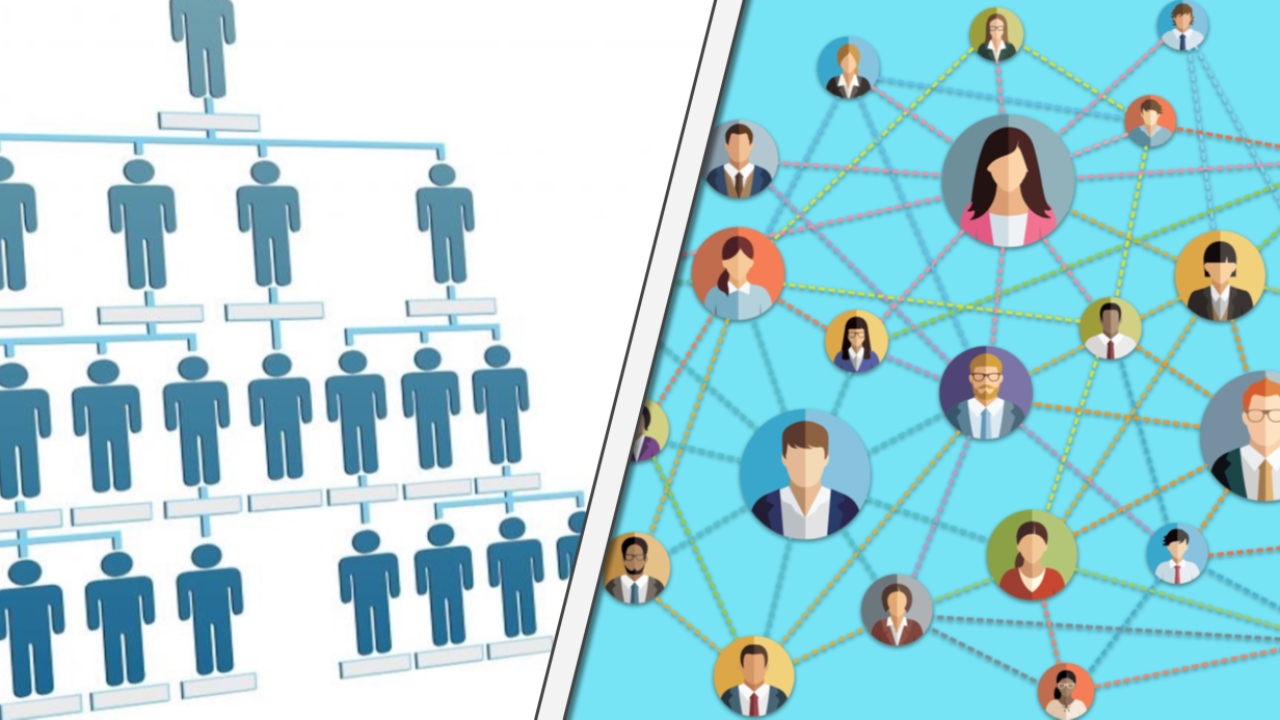From Industrial Revolution to the Ecosystem Evolution: The Return of the Specialist
Jul 26, 2023
A Shift in the Business Model
Think back to when our economy was all about industry and machine manufacturing. That was the age of the Industrial Revolution - a time when we saw a massive shift from farms to factories. The business model was pretty straightforward: create a product on a large scale, have a set schedule, and hire full-time employees to keep things running. This model, driven by big corporations, has been the way we've worked for hundreds of years.
But times are changing. Digital technology and an ever-evolving economy have paved the way for a whole new way of working. Our industrial past is making way for a future where work is all about specialized professionals teaming up for specific projects and then moving on to the next. It's less about a corporate behemoth and more about a nimble network of experts.
Echoes of the Past
Funny enough, this future of work isn't exactly new. Before the Industrial Revolution, most workers were craftspeople or tradesmen running their own show. Think of the village blacksmith, the tailor, the baker, each with their own unique skills. They came together to form a vibrant, diverse community. Now, we're starting to see this old way of doing things come back to today.
The Rise of the Specialists
Take a look at our current gig economy and you'll see a resurgence of that pre-Industrial Revolution vibe. But this time, it's all about solo, expertise-driven business owners, fractional leaders, and specialists. Forget the generalized services of platforms like Upwork and Fiverr, which have become commoditized. The real game-changers are the experts with specialized skills offering high-value services.
They're not just freelancers – they're consultants and leaders in their fields, able to bring their specific expertise to the table. They're part of what makes this new model of work so exciting. Just as a movie production draws together a team of experts to create a film, companies can now pull in these highly skilled professionals for individual projects.
A New Way of Working
This flexible, project-based way of working is the way forward - and it's being led by these experts and specialists who are not just surviving, but thriving in this new world of work.
There are lots of upsides to this way of working. For businesses, it cuts costs - they only pay for what they need, when they need it. They can tap into a huge pool of talent, leading to better quality and new ideas. And because they can bring in more people when things are busy and scale back when they're not, it's a really flexible way to work.
Benefits and Challenges
But it's not just companies that benefit. Workers do too. Freelancers and contractors get to pick projects that line up with what they believe in. They can work flexibly and be judged by the outcomes of their work rather than just the hours they put in. For many, this kind of freedom beats the security of a regular 9 to 5 job.
However, this shift presents a considerable challenge to established organizations. Accustomed to traditional operational structures, these legacy companies may struggle to adapt to this new way of work.
The Opportunity for New Players
In contrast, this disruption presents a golden opportunity for emerging, more agile companies. These newcomers can build their operations around this new model from the ground up, integrating the discipline and processes needed for such a flexible work model early in their growth phase.
The Future of Work
As we move forward, it will be fascinating to see how this shift plays out. It's an opportunity for us to reimagine and reinvent the way we work, paving the way for a more dynamic, adaptable, and specialist-led future.
And let's not forget the true winners in this evolution - the corporate escapees. These experienced professionals can finally take control of their work lives, choosing projects that align with their values and skills. As they break free and thrive, they'll prove that the future of work isn't just about surviving the change - it's about leading it.
Follow along with all new updates
Sign up to be notified when new posts are available.
Don't worry, your information will not be shared.
We hate SPAM. We will never sell your information, for any reason.
